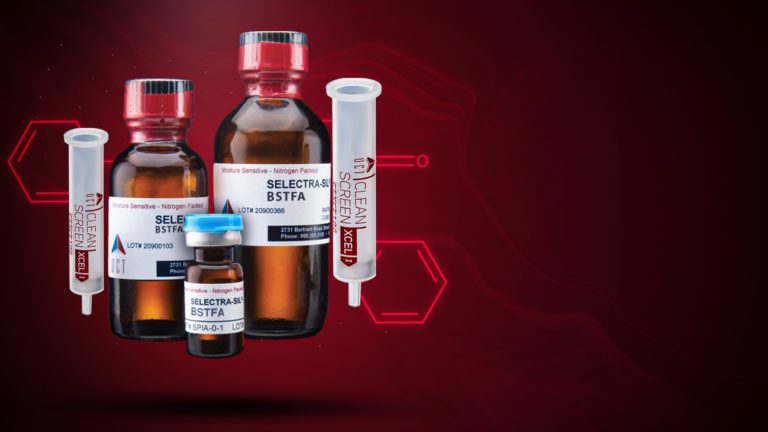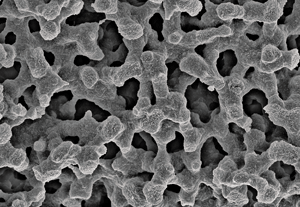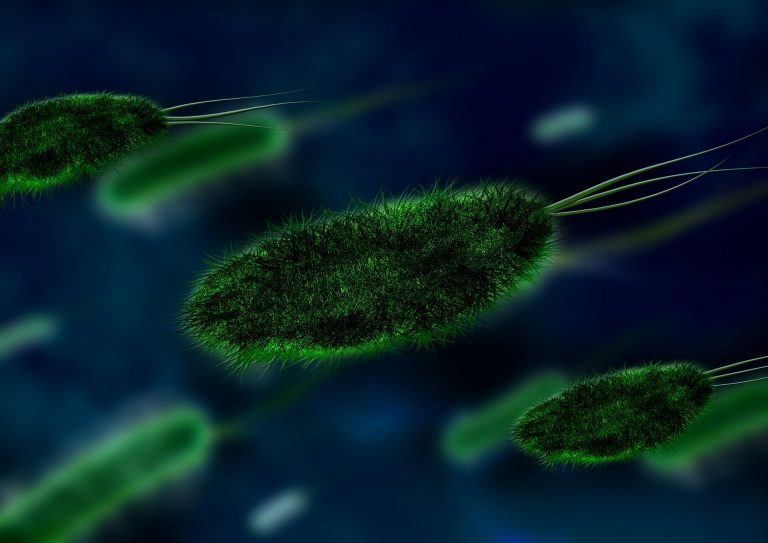UCT Specialty Chemical Cited in Cardiovascular Study
In most developed countries, the number of patients with cardiovascular diseases is growing year on year, and the associated healthcare cost has become a serious socio-economic burden. In the United States, more than 500,000 surgical operations for cardio-vascular diseases are performed annually. Although auto-transplantation is an ideal solution to replace damaged blood vessels, not all patients can offer suitable blood vessels for surgery. Furthermore, this method needs an additional surgery to obtain suitable vessels. Due to the shortage of auto logous vessels, demands for non-autologous vessels have increased. As a result, synthetic replacements including expanded polytetrafluorethylene (PTFE) grafts and Dacron have been invented and used as large-diameter blood vessel substitutes. However, artificial grafts for small-diameter (< 6mm) blood vessel (SDBV) substitutes have not yielded successful clinical outcomes. Many challenges remain, including infection, acute thrombogenicity of the graft, early occlusion, anastomotic intimal thickening, formation of aneurysms, and atherosclerotic disease. UCT is world renowned for its support of biological research through its specialty chemicals, and in a recent study published in PLOS ONE by S.Chen et al., ( http://dx.doi.org/10.1371/journal.pone.0155681), UCT’s silane (tridecafluoro-1, 1, 2, 2-tetrahydrooctyl-1 tri-chlorosilane) was employed in the 3D printing process, as that its use was found to best reduce the surface energy which helped in the releasing stage. This study shows that when scientists are working on cutting edge bio-surgical research they require the finest products in the market place and turn to UCT for that reason.





